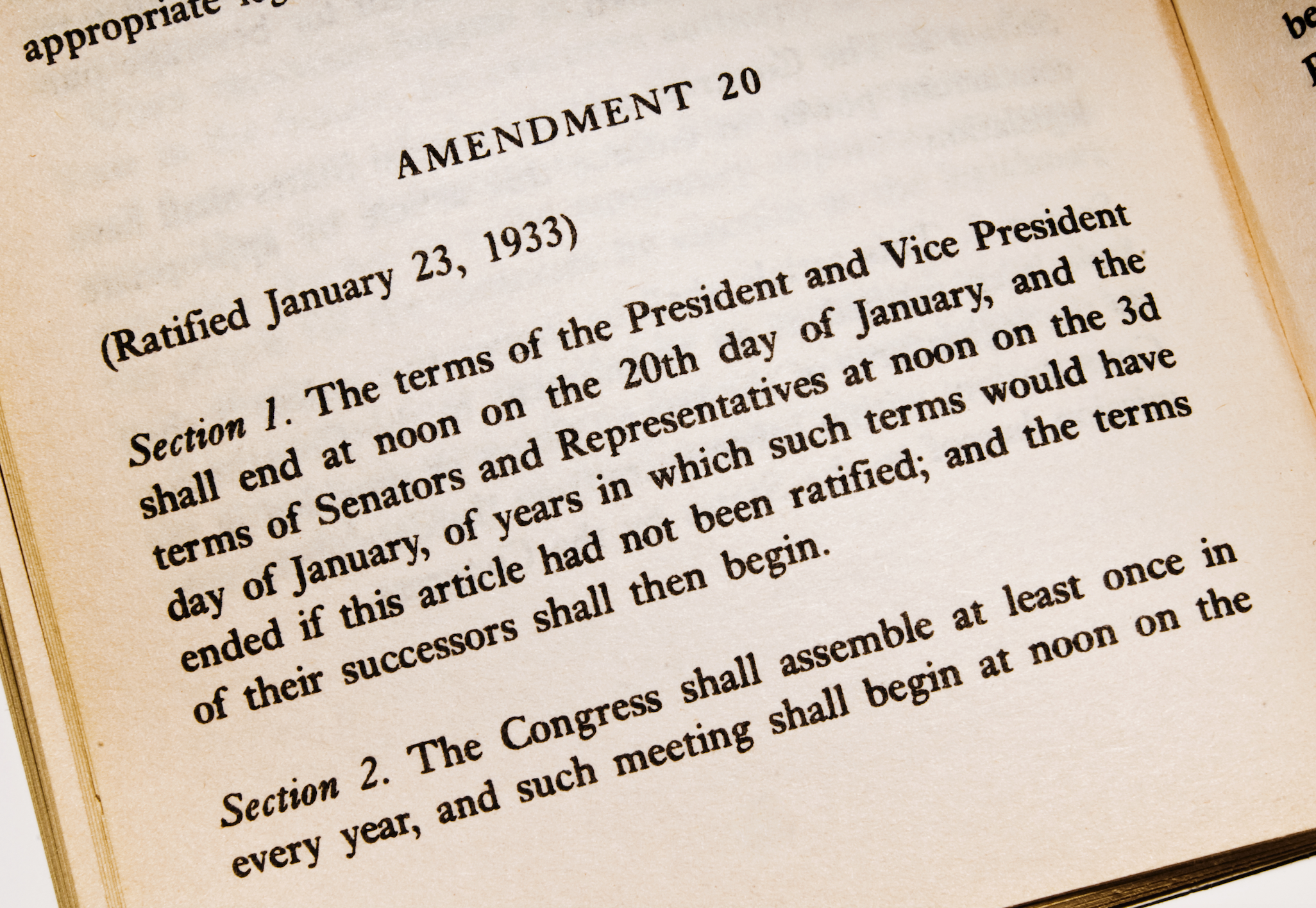A federal lawsuit was filed on Wednesday, accusing a Florida county of violating the First Amendment by removing or imposing restrictions on certain books in its school libraries. PEN America, a free-speech organization, and Penguin Random House, the country’s largest book publisher, joined the lawsuit alongside a group of authors and parents. The complaint alleges that the Escambia County School District and school board also violated the equal protection clause of the Constitution, as the targeted books were predominantly written by nonwhite and L.G.B.T.Q. authors, addressing themes of race, racism, gender, and sexuality.
The lawsuit argues against the district’s attempt to censor books deemed “too woke” and warns of the dangerous precedent it sets for potential future censorship. It highlights the importance of upholding the First Amendment and ensuring that books covering diverse perspectives and topics remain accessible to students. The lawsuit comes at a time when book-banning efforts have been on the rise nationwide, with conservative groups and new legislation making it easier to challenge and remove books.
The controversy in Escambia County began when a language-arts teacher at Northview High School, Vicki Baggett, challenged over 100 titles, including picture books, young adult novels, and nonfiction works, asserting that they contained explicit content, graphic language, and promoted political agendas. Some of the targeted books include “And Tango Makes Three,” a children’s book featuring a penguin family with two fathers, which Baggett objected to, claiming it promoted an L.G.B.T.Q. agenda. The complaint reveals that many of Baggett’s objections were derived from a website called Book Looks, known for identifying objectionable books.
While the school board has already voted to remove or restrict ten books, the lawsuit argues that these actions infringe on First Amendment rights and disproportionately impact marginalized voices. It criticizes the district’s policy of placing restricted books in a special area requiring parental permission for access, which creates barriers for students and carries potential stigma.
The lawsuit seeks to challenge the constitutionality of the book restrictions and calls for a jury trial. It aims to establish policies that protect students from harassment, abuse, and discrimination, ensuring that a diverse range of books remains available in school libraries.


